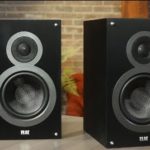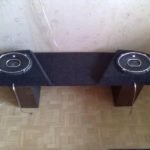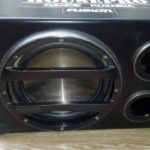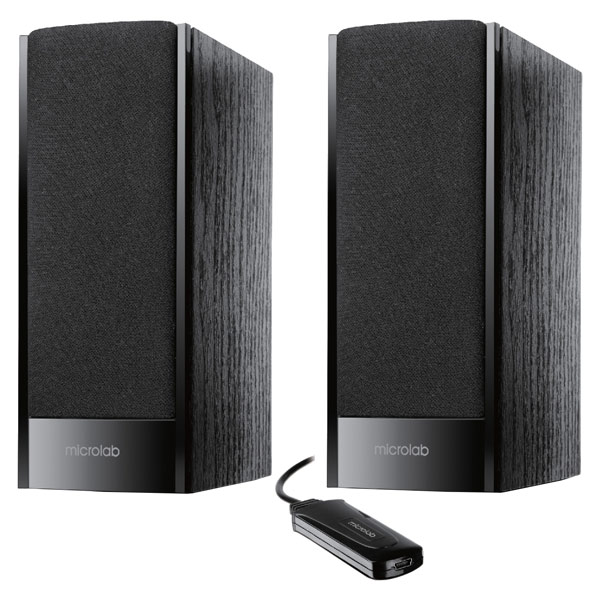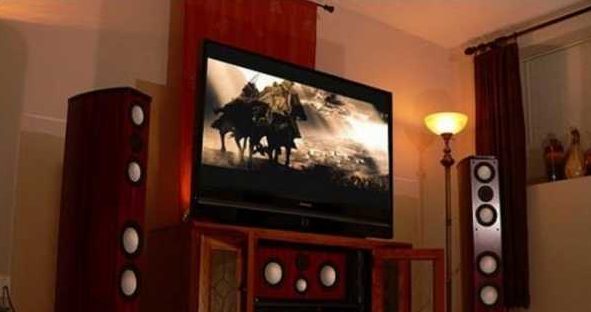The speakers on the computer are hissing, what should I do?
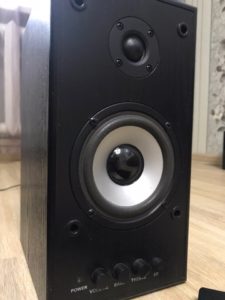 Music and sound are perhaps the most important components in using a computer. However, the sound quality may be poor and deteriorate over time. For example, many users often complain that the sound from the speakers has become somewhat hissing. What this could mean and how to deal with it, read our material.
Music and sound are perhaps the most important components in using a computer. However, the sound quality may be poor and deteriorate over time. For example, many users often complain that the sound from the speakers has become somewhat hissing. What this could mean and how to deal with it, read our material.
The content of the article
The speakers hiss
Unfortunately, along with complete malfunction of the speakers, there is such a problem as crackling and other noise. It appears for completely different reasons that cannot be immediately determined correctly. Each malfunction is different from the other - the level and frequency of the noise, the conditions under which it occurs, the sound itself (may resemble a whistle, trembling, clicking). Of course, if you navigate this situation correctly, it is quite possible to fix the problem with your own efforts. This article contains the most popular causes of speaker failures and tips for solving such problems.
It is logical to assume that if there is noise in only one speaker, you should not pay attention to the condition of the cable and the settings on the computer. Obviously, the fault lies in the column itself. The most common cause of extraneous sounds is the unstable position of the connector, which affects the operation of the audio system as a whole.
The solution to this problem is briefly described below. Remember that the breakdown may involve more complex parts that are impossible to figure out on your own.If in doubt, take the speakers to a repair service; you won’t find a better solution.
Often some noise appears due to the fact that some electrical device is operating next to the speakers, the principle of operation of which is based on the reception or transmission of radio waves. This is most noticeable when there is a phone nearby that receives messages or incoming calls. Try to find a slightly different place for your phone and other equipment, otherwise you will almost never get rid of the annoying sound.
Hisses at minimum or maximum volume
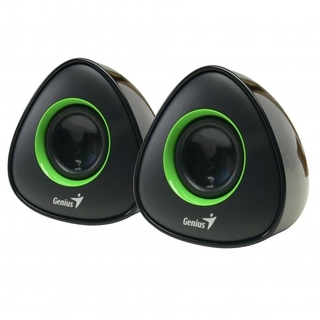 Users often complain about extraneous noise in the speakers precisely when the maximum or minimum possible volume is reached. At the same time, at an average level the sound can remain absolutely clear. In such a situation, changing the settings on the computer or TV itself (where the speakers are connected) can help. You need to find the speaker property in the sound settings, and then the “levels” tab.
Users often complain about extraneous noise in the speakers precisely when the maximum or minimum possible volume is reached. At the same time, at an average level the sound can remain absolutely clear. In such a situation, changing the settings on the computer or TV itself (where the speakers are connected) can help. You need to find the speaker property in the sound settings, and then the “levels” tab.
Here you need to remove unnecessary checkboxes, this will help to “unload” the speakers a little and make the sound cleaner. You can also find the “improvements” section and find the “loudness compensation” tab there, enable it if this has not been done previously. Also check the availability and relevance of drivers, update if necessary. In most cases the sound becomes much better. If this does not happen, then the malfunction lies in the technical condition of the speakers, connectors or wires.
Important! Please note that the problem may also be related to grounding.
That is, if the speakers and the electrical appliance itself are connected to different networks with different grounding, then extraneous sounds are quite acceptable.Try to connect to the same network if possible.
When the volume reaches more than half the possible level, cheap types of audio equipment begin to “phon,” that is, produce extraneous noise. Unfortunately, nothing can be fixed here - the problem lies in the quality of the product itself, in the assembly and parts. Expensive headphones and speakers also make noise at maximum volumes, however, not so noticeably and not so obnoxiously.
What to do?
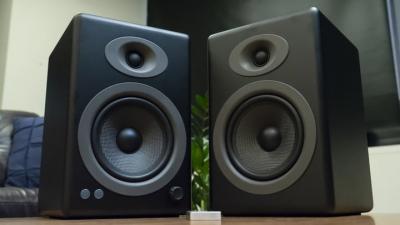 The first thing to do is to check the integrity of the cable along its entire length and the reliability of its connection to the power supply. In the vast majority of cases, this will be the cause of the noise. Try to find where the cable is damaged and fix everything - you will need to strip the insulation, carefully twist the wire and insulate it back. True, if done poorly, such a design is unlikely to last long. Remember, you need to work with the wire very carefully, and you also need to use it carefully. Many people are irresponsible about this, but the cable is quite easy to damage due to mechanical stress.
The first thing to do is to check the integrity of the cable along its entire length and the reliability of its connection to the power supply. In the vast majority of cases, this will be the cause of the noise. Try to find where the cable is damaged and fix everything - you will need to strip the insulation, carefully twist the wire and insulate it back. True, if done poorly, such a design is unlikely to last long. Remember, you need to work with the wire very carefully, and you also need to use it carefully. Many people are irresponsible about this, but the cable is quite easy to damage due to mechanical stress.
The next step is to check the status of the audio connectors. They are also quite easily damaged and quickly fail. Try inserting the plug into the “socket” and moving it there, twisting it in different directions. If the speakers make any extraneous sounds, then the problem lies in the connectors. To fix the problem yourself, you need to try to eliminate the gaps that have already formed, and you also need to eliminate mobility.
In this case, special glue can help, which needs to be poured onto the sides of the connector into the gaps formed.Try to work carefully so as not to make things worse! You can also disassemble the column if it has a simple structure and you are confident in your abilities. When disassembled, it is easier to fix the connector.
Important! Many users use unreasonably long wires, extension cords, etc. for speakers.
This can also cause the appearance of various whistles and noises, pay attention to this and try to use the original wire, or a fairly short one purchased. Often the cable is in a suspended state - hanging from a table or shelf. For example, with an open window and a draft formed, the cable will dangle in different directions. This, of course, can cause interference in the operation of any electrical appliance, especially audio equipment. It is also worth making sure that the wires do not intertwine with each other, do not get tangled or form any knots.
If you can’t fix the problem yourself, or you have certain doubts about your own abilities and knowledge, then you shouldn’t risk it - you need to take the speakers to an equipment repair service. Using high-quality equipment, our specialists will do the job efficiently, thereby saving you a lot of effort, time and nerves. We hope that the tips collected in this material will help you cope with the problem.

